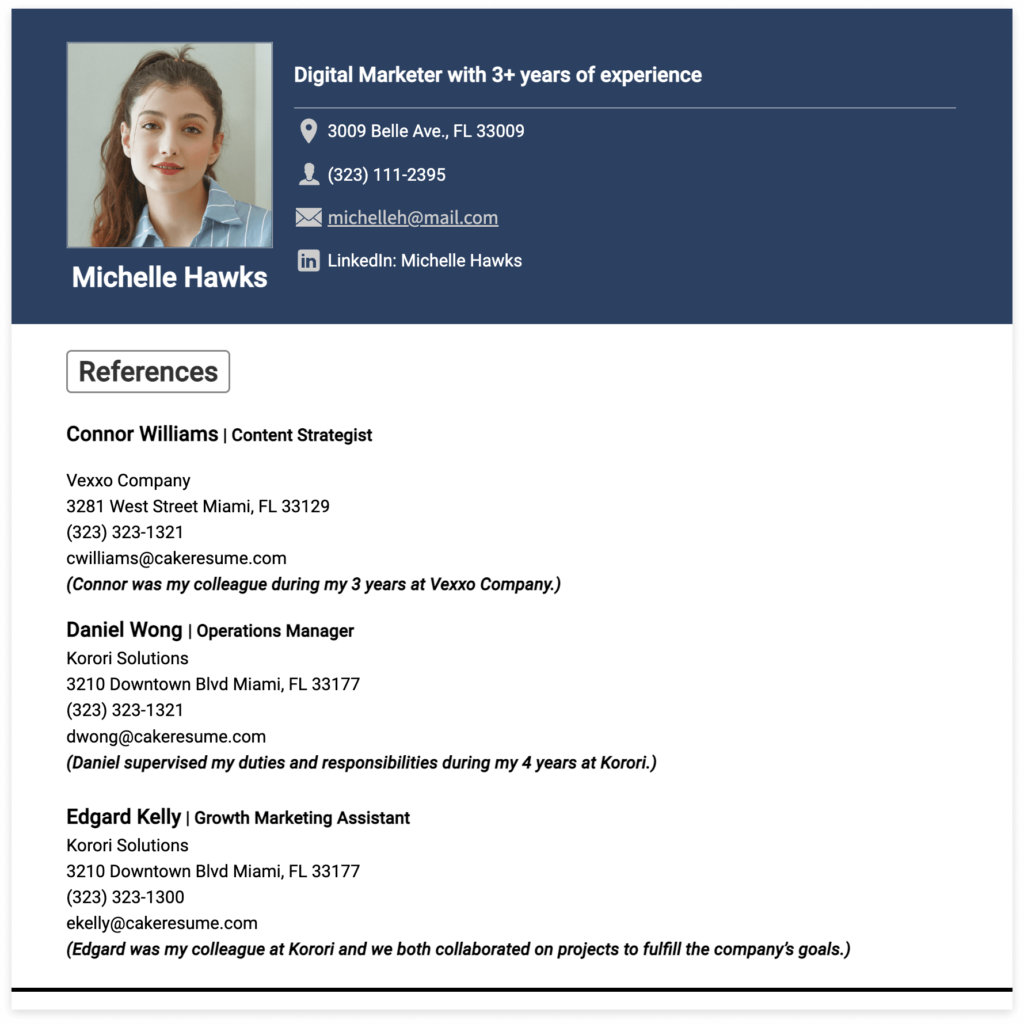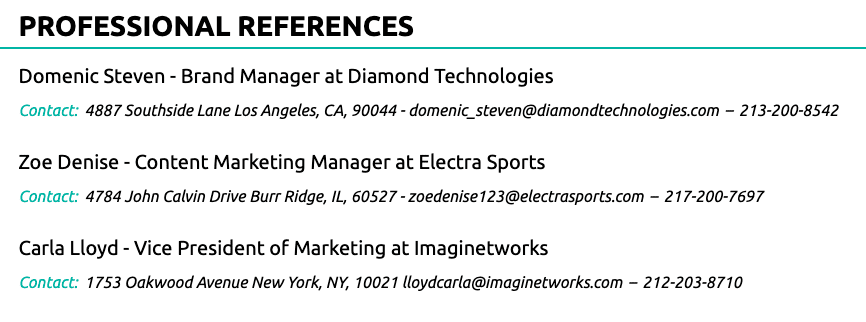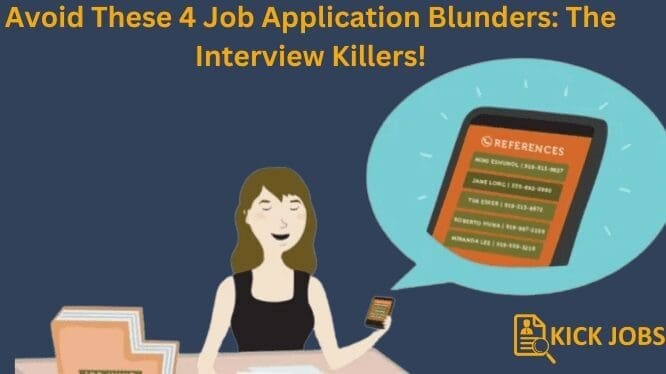I get this question often. “Do you include references on your resume? “
The simple answer is no.
In this article, we will explain why is not recommended to include the references on your resume. We will show you examples of when to include references. You will also learn the 4 Common Mistakes every job seeker makes that hinder your chances of getting that interview.
What are references?
References are individuals or companies in your network who can vouch for your professional qualifications, work ethic, and character. These individuals are usually previous employers, supervisors, colleagues, or other professional contacts who have direct knowledge of your skills and abilities in a work setting.

Do you want a resume that will get noticed by the hiring managers? Reach out to us at +639062719001 +254797740510 and let us craft a resume for you that will get you hired faster or order here.
When to include references on your resume?
There are three scenarios that require you to include references on your resume when applying for a job. Here are the most common:
- Job Application Instructions
Some employers explicitly request that you include references on your resume. While other companies may prefer you send it at a later stage in the hiring process. Always follow the application instructions to demonstrate your attention to detail and adherence to the employer’s preferences.
2. Industry Norms:
In fields such as academia, research, and government, you are supposed to include references, while others might ask you to provide references later in the hiring process or upon request. You need to understand the industry norms so that you can tailor your resume to align with those expectations.
3. On Request
Instead of providing a list of references on your resume, add a statement at the end of your resume with the statement “References Available Upon Request”. This will signal to potential employers that you are willing to provide references if requested.
Related: How to craft a resume that demands attention
Common Mistakes to Avoid
When it comes to including references in your resume or sending them on request, there are common mistakes job seekers keep making that can potentially hinder your chances of getting that interview. Understanding and avoiding these common mistakes ensures that your reference inclusion or upon-request process is smooth, and professional, and adds significant value to your job application. Here are the mistakes you should run away from doing:
- Including references without permission
The first mistake that job seekers make is to include someone as a reference without first obtaining their permission. You need to seek permission from your references before sharing their contact information with potential employers. When you fail to contact your referee it will lead to surprise calls or emails, potentially catching your references off guard and affecting their ability to provide a positive endorsement.
2. Failing to Inform References:
Do you inform your references about the job you are applying for? You need to contact them whether through emails, calls and give them the context of the job you are applying for. This will allow them to tailor their responses when the hiring manager contacts them
3. Using Generic References:
This mistake is common by the entry levels job seekers, who don’t have experience or referees. In such cases leverage on other resources. Such as focusing on demonstrating your qualifications in your applications.
Employers seek references to gain insights into your skills and work ethic. And when you add generic or vague references may lead raise a question about the authenticity of your claims.
4. Including Personal References:
I remember making this mistake. Back in 2011. Including my friend’s contact instead of professional contacts. Don’t make this mistake.
Employers are interested in references who can speak to your professional abilities and work-related experiences. Your references, unless directly relevant to the job, may not carry the same weight or credibility.
Read More 7 sections must be on your resume
Resume reference list examples

Jane Smith
- Title: Senior Project Manager
- Company: XYZ Corporation
- Relationship to You: Former Supervisor
- Email: jane.smith@email.com
- Phone: (555) 123-4567
Jane Smith was my Former Supervisor while I worked for the XYZ Corporation from 2013 to 2017.
2. Dr. Robert Johnson
- Title: Professor of Marketing
- University: ABC University
- Relationship to You: Academic Advisor
- Email: robert.johnson@abcuniversity.edu
- Phone: (555) 234-5678
Dr. Robert Johnson was my Former Academic Advisor while I worked for ABC University from 2013 to 2017.
Tips for Creating Your Reference List:

- Keep it Consistent: Maintain a consistent format for each reference entry.
- Use Professional Language: Keep your language professional and concise.
- Tailor to the Job: Choose references relevant to the job you’re applying for.
- Seek Permission: Always seek permission before including someone as a reference.
- Provide Context: Briefly explain your relationship with each reference to provide context.
- Keep it Updated: Regularly update your reference list with current contact information.
- Proofread: Ensure there are no typos or errors in your reference list.
Do you find yourself struggling to create a compelling resume that gets noticed by the hiring manager? We will help you craft a CV or resume that resonates with employers and get you hired. Reach out to us at +639062719001 +254797740510 and let us craft a resume for you that will get you hired faster.
Do you want a resume that will get noticed by the hiring managers? Reach out to us at +639062719001 +254797740510 and let us craft a resume for you that will get you hired faster.






